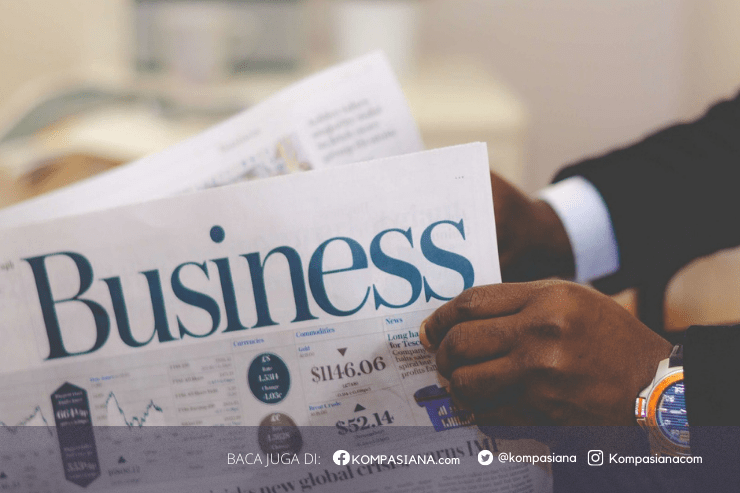Leaders of the Asia-Pacific Economic Cooperation (APEC) had recently concluded their Summit in Vladivostok, Russia. Amid numerous issues discussed at the Summit, leaders’ agreements on the liberalization of the environmental goods trade and food security are worth special attention.
To start with, APEC’s agreement to cut trade barriers on environmental goods is particularly important as the region seeks to remain the key driver of global economic growth.
Under this new agreement, tariffs on 54 green goods, including solar panels, water purification equipment, gas turbines, geothermal energy turbines, solar water heaters, bamboo floor panels and wind turbines, will be cut to 5 percent or less by 2015.
Overall, this agreement should encourage a “greener” trade regime to be in place in the Asia-Pacific region. While trade and investment had often been accused by many as one of the sources of environmental degradation, they can now actually help to facilitate greater flows of green products across the region.
The outcome of this agreement is particularly relevant for Indonesia, which is currently in need of alternative approaches to address many environmental and resource scarcity challenges.
Traditionally, the Indonesian government has used trade and investment as ways to promote economic growth. Owing to the relatively more open economic regime in the country in the last decade or so, the country has indeed been able to maintain relatively positive economic growth in recent years. From 2006 until present, for example, Indonesia has experienced an average growth rate of about 6 percent per annum.
Current levels of economic growth in Indonesia, however, are far from sustainable. The Food and Agriculture Organization (FAO), for example, reports that the deforestation rate in the country has reached 2 percent, or 1.87 million hectares per year.
Worse still, much of power generation in Indonesia comes from conventional thermal sources, including fossil fuels, such as oil, natural gas, and coal. To date, less than 20 percent of power generation in the country comes from hydroelectric, geothermal and other renewable sources.
This is not to mention that the continued hike of international oil prices has also made this energy more expensive to produce. Due to the depletion of many oil wells in the country, Indonesia is also increasingly relying on imported oil.
While the concept is not new, the adherence to the idea of sustainable development remains important for Indonesia.
Sustainable development is about meeting the needs of today without compromising the needs of future generations.







